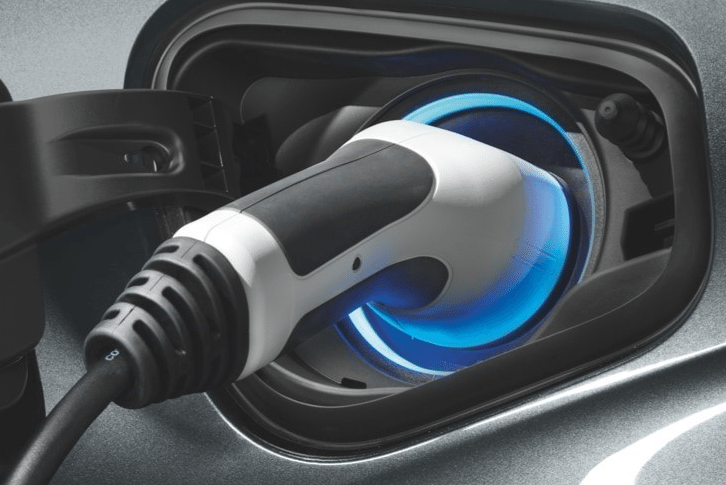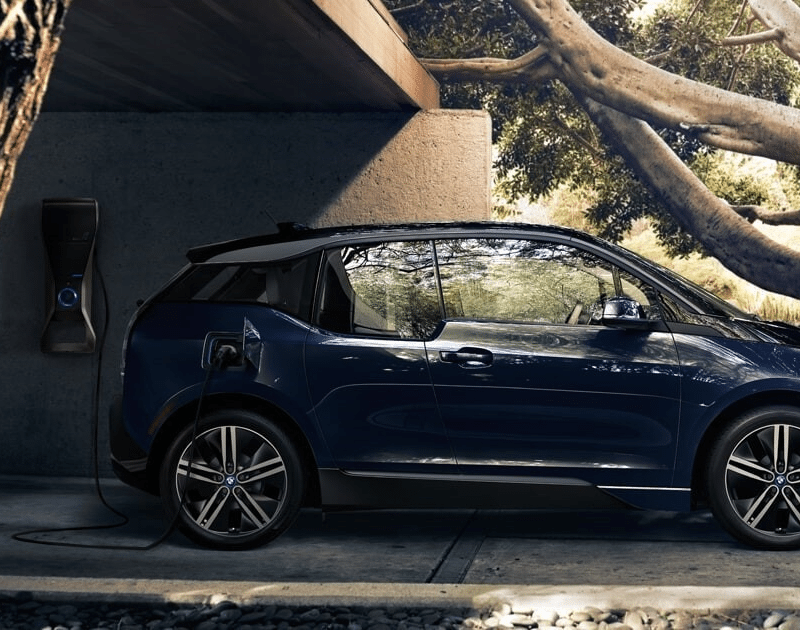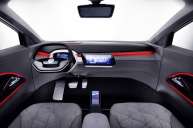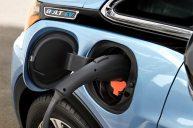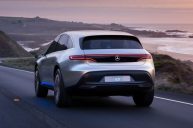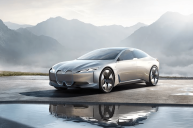BMW sets massive EV goal for 2018, but will they be able to make it?
Electric cars, hybrids, and plug-in hybrids are gaining rapid popularity in the auto industry. It seems that everyday there are new reports coming in that another company is taking a swing at electrified vehicles.
However, it's no secret that BMW was one of the first manufacturers to produce an electric vehicle in 2013, the i3.
And to stay ahead of the growing competition, such as Mercedes, Volkswagen, and Ford, BMW is looking to bump its EV sales up by 50 percent.
What does 50 percent look like? Nearly 150,000 vehicles would have to be sold in 2018 to attain that goal.
To compare, only 11,000 i3s were sold in 2015, but more than 50,000 of BMW's electric models have been sold in 2017.
Right now, BMW makes two electric vehicles: the i3 city car and the i8 hybrid sports car.
Its lineup of iPerformance models, which are plug-in hybrids, is a solid bunch that's had a steady stream of sales and will help with this goal. These vehicles are the 330e, 530e, 740e xDrive, and the X5 xDrive 40e.
BMW is also set to roll out a battery-powered X3 by 2020. Instead of creating a whole new lineup of electric cars, BMW plans to introduce electric powertrains in current models to test out the demand.
BMW is already in the works to produce 12 fully electric vehicles by 2025, each of which would have a range of up to 435 miles. An additional 13 models will be manufactured and contain some form of electrification.
A 50 percent increase may be pushing the envelope, so we have to ask: is BMW making too big of a goal for themselves? With the rise—and success—of vehicle electrification over the last couple years, though, BMW could potentially achieve its target with ease.
More and more people are becoming intrigued by the idea of electric vehicles, and this newfound fascination for drivers all over the world would no doubt help with sales.
The mass production of BMW's electric vehicles is set to start in 2020.
NEXT: ARE SELF-DRIVING CARS SMART ENOUGH TO HANDLE SNOW?
WATCH
